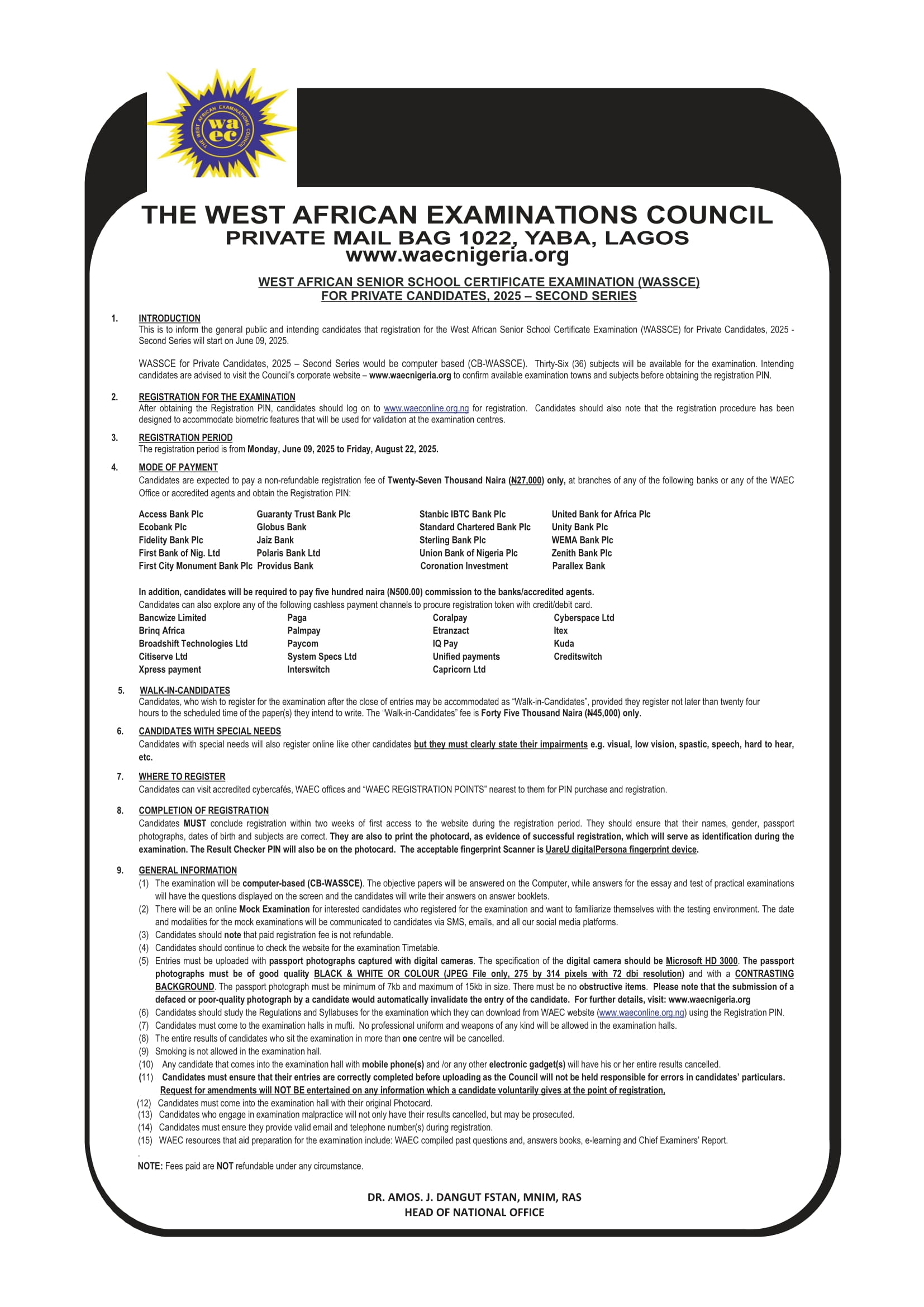Pelosi praises Taiwan, says Asian trip wasn’t to change status quo

U.S. House of Representatives Speaker Nancy Pelosi on Friday praised Taiwan, pledged U.S. solidarity and said her trip through Asia, which led to unprecedented military drills by an angry China, was never about changing the regional status quo.
Pelosi and a congressional delegation were in Japan on the last stage of an Asian trip that included a brief and unannounced stop in Taiwan, the self-ruled island that Beijing considers its own – and prompted an infuriated Beijing to hold live-fire drills in waters around Taiwan, with five missiles landing in Japan’s exclusive economic zone(EEZ).
Her stop in Taiwan, the highest-level visit by a U.S. official in 25 years, came as Tokyo, one of Washington’s closest allies, has become increasingly alarmed about China’s growing might in the Indo-Pacific and the possibility that Beijing could take military action against Taiwan.
“We have said from the start that our representation here is not about changing the status quo in Taiwan or the region,” she told a news conference after meeting with Japanese Prime Minister Fumio Kishida.
“The Chinese government is not pleased that our friendship with Taiwan is a strong one,” she added.
“It is bipartisan in the House and in the Senate, overwhelming support for peace and the status quo in Taiwan.”
China has condemned Pelosi’s trip, which took the delegation to Singapore, Malaysia and South Korea as well as Taiwan and Japan.
Its state broadcaster said the military exercises, which began on Thursday – the day after Pelosi left Taiwan – and are set to end on Sunday, would be the largest conducted by China in the Taiwan Strait. The exercises have involved live fire on the waters and in the airspace around the island.
Japan said that five of nine missiles fired towards its territory landed in its exclusive economic zone (EEZ). Tokyo lodged a diplomatic protest over the incident, which Defence Minister Nobuo Kishi termed “unprecedented.” read more
Pelosi lauded Taiwan’s democracy, economic successes and – in a veiled dig at China – its human rights record, noting support by Taiwan, the first Asian government to allow same-sex marriage, for LGBTQ rights.
“The fact is, I have said it again and again, if we do not speak out for human rights in China because of commercial interests, we lose all moral authority to speak out about human rights any place in the world,” she said.
“China has some contradictions – some progress in terms of lifting people up, some horrible things happening in terms of the Uyghurs. In fact, it’s been labelled a genocide.” Reuters.
About The Author

